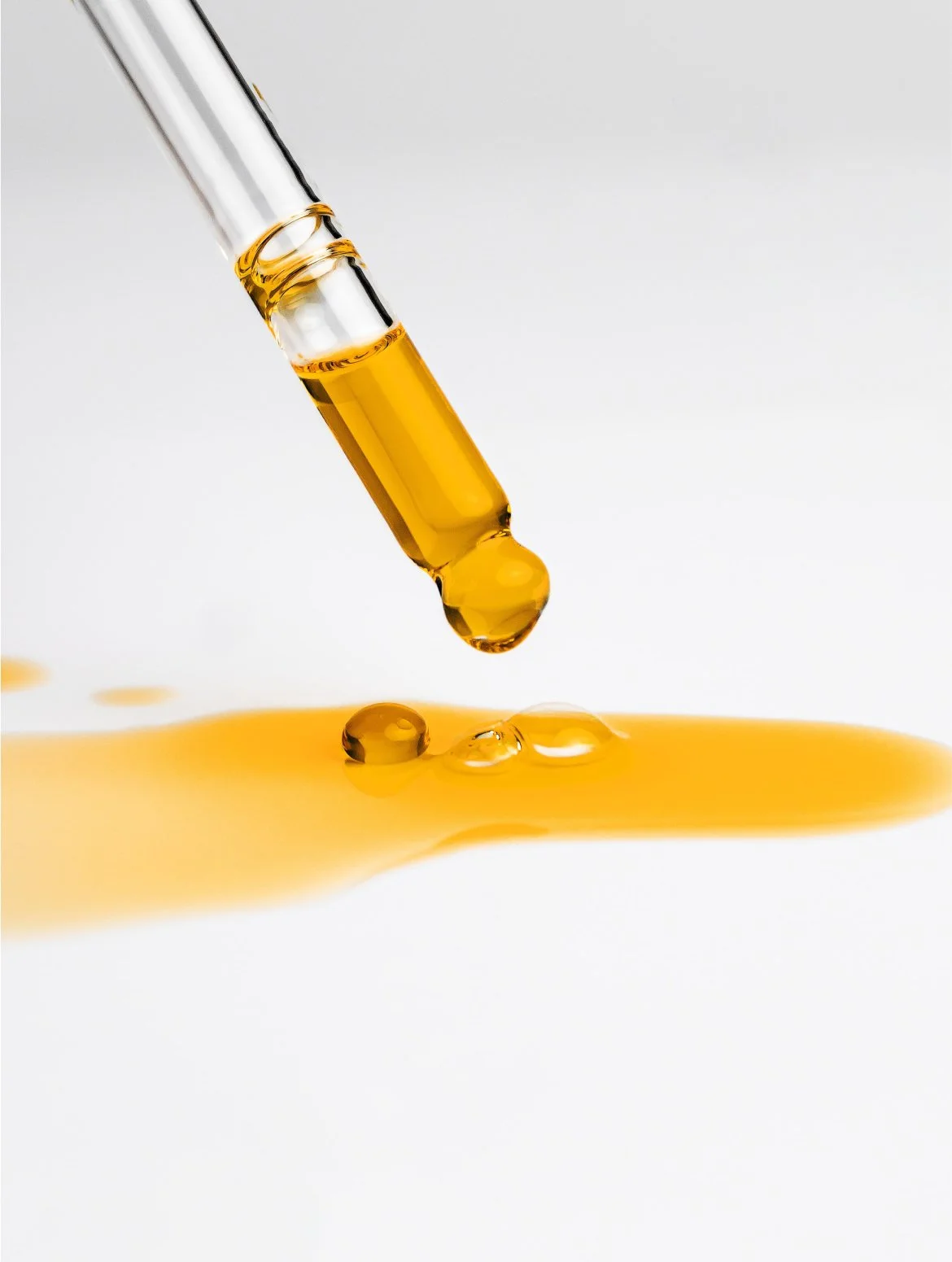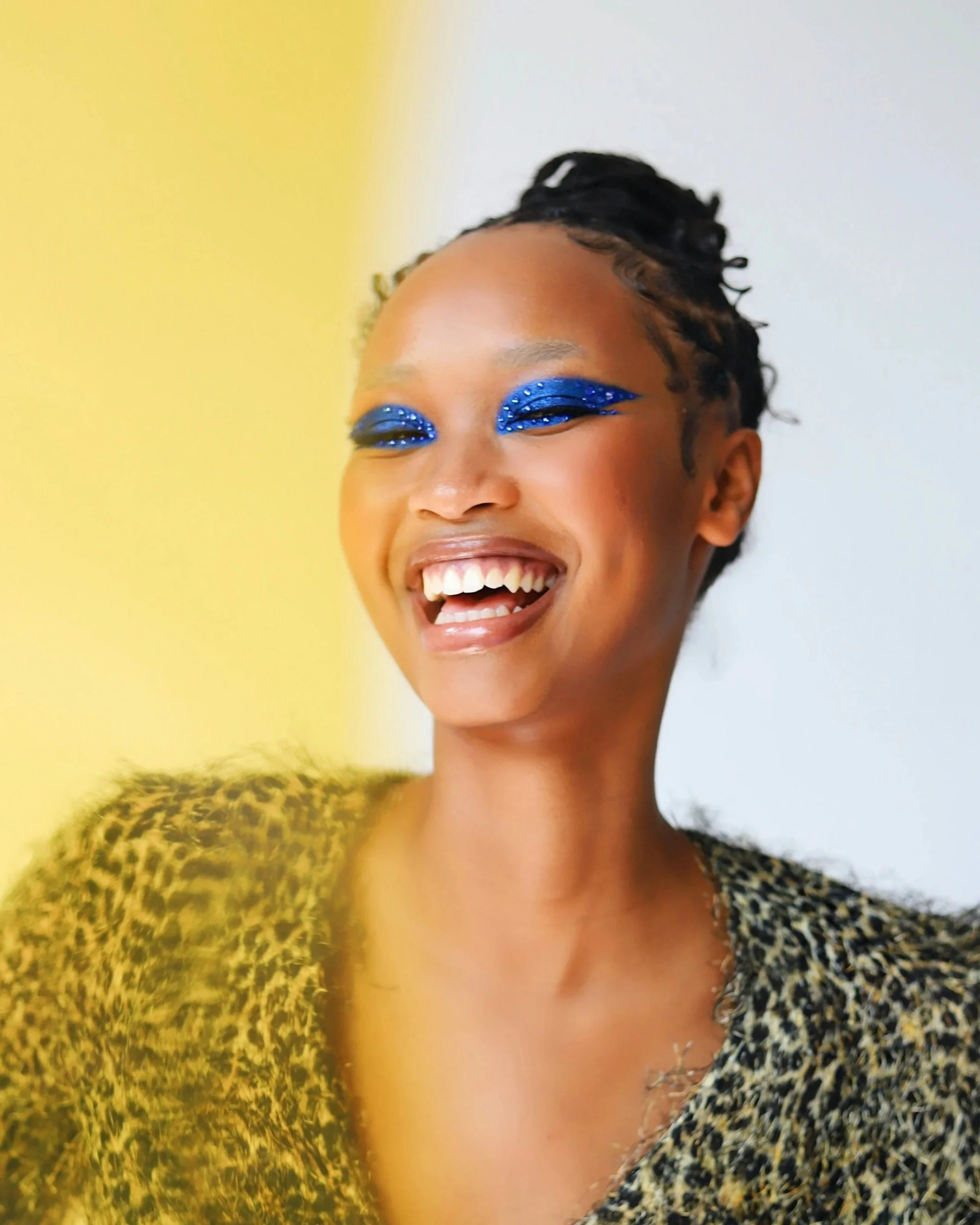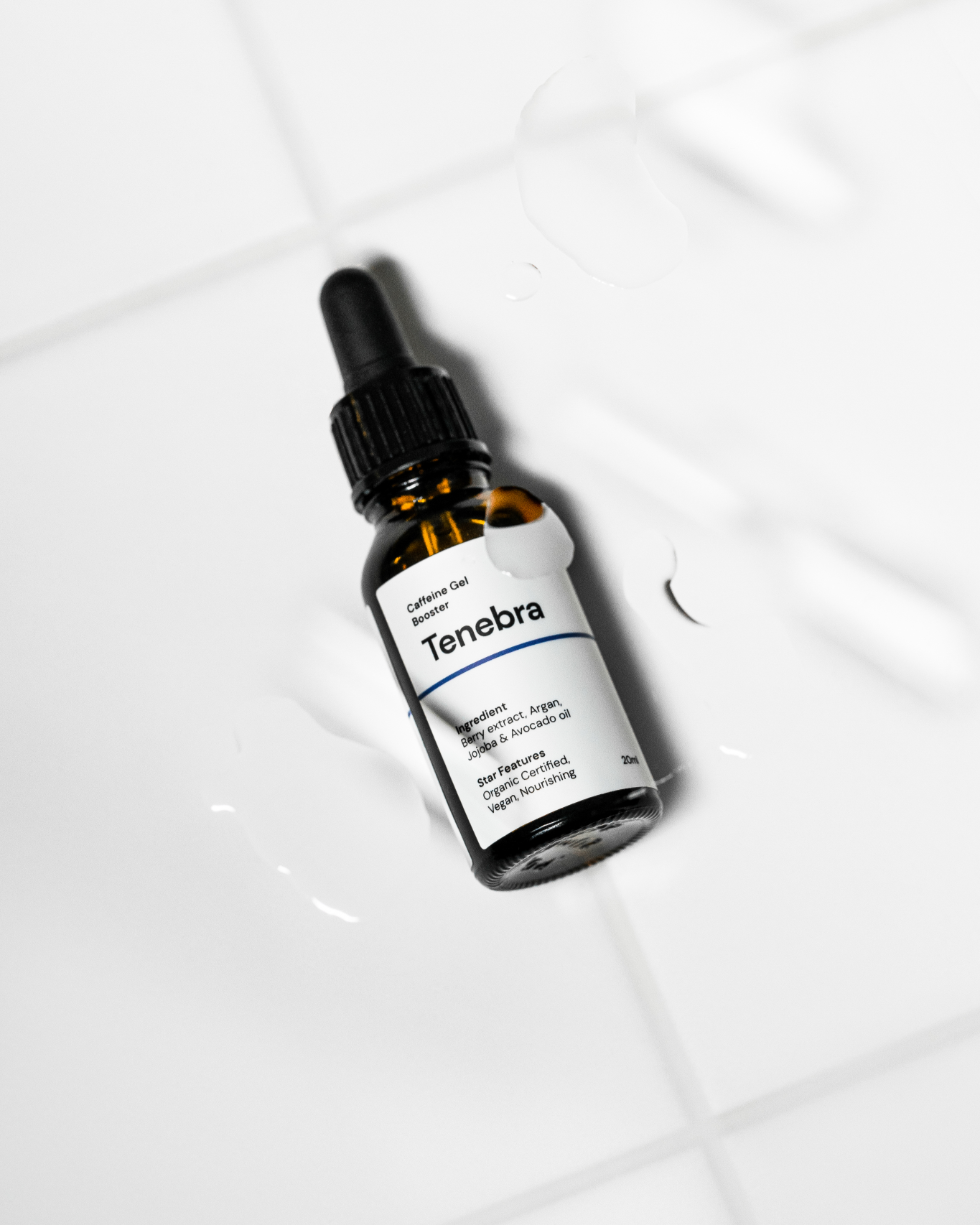7 Myths About Starting a Beauty Business
Starting your own beauty business. Well, any business… it’s exciting. Seeing your vision come to life. Creating space to do the kind of work you love. Watching that spark turn into something real and seeing people embrace it – that’s a feeling worth trying for.
And yes, you might be thinking – but there are so many obstacles standing in the way. You see, most of them are myths that hold people back from chasing their dreams and making their ideas a reality.
So let’s take a closer look at some of the most common myths about starting a beauty business, what's the truth behind them, and explore how you can move past these misconceptions to create something of your own.
Table of Contents
Common Myths About Starting a Skincare or Beauty Business
When people talk about starting a skin care business or building a beauty career, you’ll hear a lot of advice – some good, some not so good. The truth is, the beauty industry is full of stories, half-truths, and flat-out myths. And if you’ve ever felt stuck, chances are you’ve run into at least one of them.
These common myths can make the dream of running your own beauty business feel out of reach and make the beauty industry feel intimidating or even impossible to break into.
So here’s the thing – most of those beliefs are just that… beliefs. That’s all they are. The truth is, things are usually brighter than they seem. And once you clear that up for yourself, you’ll start to see way more opportunities than obstacles.
Myth #1: You Need a Huge Budget to Start
A lot of people assume that starting a beauty business means you need a massive budget. And honestly, it makes sense why. Cause everywhere you look, you see these big, glossy launches – celebrity founders, expensive packaging, huge ad campaigns. It gives the impression that unless you’ve got a huge amount of money ready to burn, you don’t stand a chance in the beauty industry.
But that’s not the whole story. Yes, you’ll need some money – there’s no way around that. The key expenses in starting a skincare business are inevitable. Packaging costs something. So does branding. And of course, your first round of products isn’t free. But it doesn’t have to be outrageous. These days, the beauty industry offers a lot of cost-effective options like private label skincare and white label marketing that can help you actually bring a line to life without owning a lab or spending years developing formulas. You can begin small, try things out, see how the market responds, and grow from there.
Myth #2: Only Beauty Professionals With Formal Education Can Start a Skincare Brand
You really don’t need to be a licensed beauty professional to start your own skincare brand. Does a background in chemistry or some formal beauty education help? Of course. But it’s not the only way forward. These days, the beauty industry is more open than ever. What matters most is spotting an opportunity, knowing how to connect with clients, and being able to share your story in a way people believe in. And remember – you can always use expert guidance when needed.
Glossier
Some of the biggest names in the beauty industry prove this. Take Glossier, for example. It’s become one of the most popular brands of the last decade. It started as a blog, sharing stories about interesting people and cool beauty products. Its founder, Emily Weiss, wasn’t a chemist or someone working with clients in a salon every day. She was a styling assistant who, alongside her job, built an online community. Most importantly, she paid attention to what real people were saying about beauty and used those insights to create products that felt authentic and relatable. That’s the foundation of good skincare marketing, and it’s exactly what the beauty industry rewards today.
Glossier
As Emily Weiss herself once put it:
“Over the years of running Into The Gloss, I began to see a gap in the way beauty companies were creating products and marketing them to women. There wasn’t one brand that really spoke to girls like me, who created products for real life. So we set out to create that brand with Glossier. We are a modern beauty products brand made by editors who ‘get’ what works, and we’re inspired by what girls want in real life.”
So, if you’ve ever thought, “I can’t because I’m not a professional,” let this be your sign.
Myth #3: Big Influencers Equal Beauty Business Success
It’s tempting to think that if you could just get a celebrity to post about your product, your brand would blow up overnight. And yes, sometimes that happens. But most of the time, social media marketing doesn’t work out that way. Big influencer posts can easily get lost in the flood of sponsored content, and to a lot of people, feel just like another ad.
So what’s the better move? Lean into authenticity. Research shows that 82% of consumers are more likely to trust a recommendation from a micro-influencer rather than from a celebrity. This shift is shaping beauty marketing trends today. And it makes sense. Micro-influencers come across like real people. They talk with their followers, reply to questions, and recommend things they actually use. Their audiences may be smaller, but they are often far more engaged, which makes those micro-influencer recommendations powerful.
Myth #4: There’s No Room for New Brands in The Beauty Industry
Looking around the market might feel like it is already overflowing. But that’s not the reality. The beauty industry is actually still growing, and it’s creating space for new ideas all the time.
Fortune Business Insights analysis shows that the global skincare market was valued at $115.65 billion in 2024, is set to reach $122.11 billion in 2025, and could climb all the way to $194.05 billion by 2032. And that doesn’t look like a crowded market. That looks like a massive opportunity to build a brand and create truly amazing beauty products that customers will benefit from.
Myth #5: You Must Launch with a Huge Line of Products
One of the hardest parts about starting a skincare business isn’t coming up with ideas. It’s deciding which ones to actually begin with. Most new founders have pages of product concepts, and it’s easy to fall into the belief that the only way to look professional in the beauty industry is to launch with everything at once. But that belief is one of the most common myths about starting a beauty business.
The truth is, even the most successful beauty careers didn’t begin with a massive product line. The industry is full of examples where just one or two great products carried a brand into the market.
Take Hero Cosmetics, for example. When it launched, the brand didn’t roll out dozens of products. It started with just one – the Mighty Patch, a small acne sticker inspired by Korean beauty trends. That was it. One clever idea, backed by thoughtful social media marketing and confidence in its quality. From there, Hero Cosmetics grew slowly, adding products one step at a time. That pace not only gave the brand a chance to gain experience but also helped it build trust with clients.
Now Hero Cosmetics offers a variety of specialized treatments and has become one of the most successful indie brands in the beauty industry.
And that’s proof you don’t need a huge launch to succeed. Sometimes, one great product and the right skills are all it takes to start your journey.
Myth #6: If Your Products Are Good, They’ll Sell Themselves
This is one of those beliefs that sounds comforting but just doesn’t hold up in the real world. The beauty industry just doesn’t work that way. Even the most incredible formulas won’t get noticed without a push.
Think about it. When you walk into any store or scroll through Instagram, you see hundreds of new products competing for attention. If you want your skincare line to stand out, you need a story that draws people in and a way to genuinely connect. So make sure to be clear and honest – especially when it comes to addressing the myths about skincare ingredients.
In 2024, social sites ranked as the fourth most popular online channel worldwide to get beauty product purchase inspiration. That means telling your story matters. To tell it, you can create educational posts that teach people how to use your product, show off real reviews from other customers. And most importantly, set the record straight on what your brand can offer and build a community that feels like it belongs to something bigger than just another brand.
Myth #7: Skincare Trends Guarantee Instant Earning Potential
Trends in the beauty world move so fast, it can feel like the only way to keep up or succeed is to chase every single one. But that’s not really the case. Chasing new trends rarely creates the kind of trust and loyalty you need for long-term success to last the next decade or more.
Sure, social media trends can create big bursts of attention. In fact, a 2025 report found that 34% of shoppers bought a viral or trending product in the past year. But here’s the catch – discovery doesn’t always equal brand loyalty. Another study shows that while 71% of consumers discover skincare products on social media, 81% say it’s reviews and peer recommendations that actually guide what they buy.
That means a trend might get someone to notice you, but it’s the quality of your product and the trust you build that will keep them around and help you create long-term success.
So what actually works is paying attention to trends without letting them run the show. The beauty brands that stick around are the ones that mix trend awareness with authenticity, quality, and a story their clients can believe in.
How to Start a Skincare Line
By now, you can probably see that many of the fears around starting a beauty business are really just myths. Once you clear them away, the path to creating your own skincare line becomes far less intimidating.
Budget Effectively
Yes, there are real costs in packaging, branding, and production, but you don’t need huge capital. Thanks to private label skincare products and white label marketing options, you can begin with a modest budget and scale gradually.
Formal Education Isn’t a Barrier: Use the Right Skills to Start a Beauty Business
You don’t need to be a chemist or a salon professional to succeed. All it takes is passion, business skills, and the ability to listen to clients needs.
Marketing is Essential When Starting a Skincare Line
Skincare marketing today is about community. Micro-influencers, customer reviews, and real conversations often have a much bigger impact than a polished ad ever will. Tracking incrementality, for instance with platforms like Sellforte, can help you see which efforts truly influence customer behavior, allowing you to focus on what works. So use marketing as a bridge to earn customers trust, make your beauty brand stand out, and tell your story.
Launch Small, Then Grow
Launching with one or a few products often works better than trying to do everything at once. Start with what you can, listen to your customers, and adjust as you go. Take it step by step.
Forget the Myths: Focus on Building Your Beauty Career Step by Step
Starting a beauty business will always feel like a big leap. Because it is. But it’s not nearly as impossible as the myths make it sound. You don’t need a huge amount of money, a chemistry degree, or a shelf full of products before you even begin. Because today, you have endless opportunities to start your own skincare or makeup brand. All you need is an idea you believe in, creativity, and the willingness to take the first step to build a successful brand.
So don’t waste time waiting for the “perfect” moment or stressing over myths that were never true to begin with. And don't push the brakes on your creativity. Start where you are, use the skills you have, and build from there. Put one product out. Pay attention. Adjust. Work hard and pursue your vision.
Because at the end of the day, success in the business world doesn’t come from having everything mapped out. It comes from learning and growing, staying true to your brand's values and story.
Frequently Asked questions
-
While there are costs, the key is that you don’t need to own a lab or spend years on development. Cost-effective options like private label products can help you start with a modest budget and scale gradually.
-
You don’t need a formal education to launch a beauty brand. The beauty industry is more open than ever. What matters most is spotting an opportunity and knowing how to connect with clients and share your story. For high-quality products to offer with your brand partner with a reliable manufacturer like Selfnamed.
-
You don’t need a massive launch to succeed. The beauty and skincare industry is full of examples where one or two great products, like Hero Cosmetics' Mighty Patch, carried a brand into the market and allowed it to grow over time.
Start with one targeted product and expand later.
Must read










